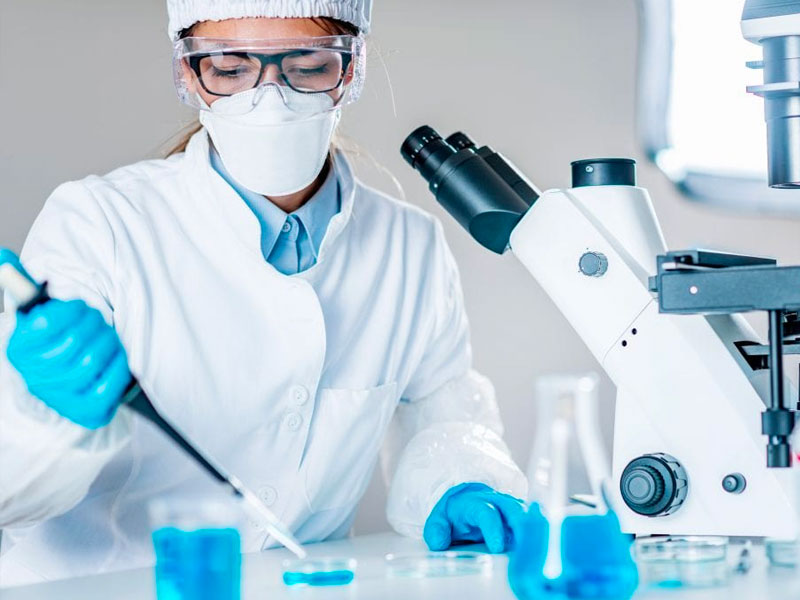
Prof. Alan Dobson, University College Cork, Prof. Fergal O’Gara, University College Cork, Dr Marina Rubini, University College Dublin, Prof. Edmond Magner, University of Limerick, Prof. Stephen Connon, Trinity College Dublin, Dr Eoghan McGarrigle, University College Dublin, Dr Gerard McGlacken, University College Cork, Dr Paul Evans, University College Dublin, Prof. Declan Gilheany, University College Dublin, Dr Andrew Phillips, University College Dublin, Prof. Paul Murphy, NUI Galway, Dr Peter Byrne, University College Dublin, Dr Stuart Collins, University College Cork, Prof. Eoin Scanlan, Trinity College Dublin, Dr Joanna McGouran, Trinity College Dublin, Dr Marcus Baumann, University College Dublin.
University College Cork
Molecule I
University College Dublin
Overall Objective
Key Scientific Expertise
- Biocatalysis (enzymology, genomics and metagenomics, synthetic biology, flow reactors)
- Organocatalysis (thiourea-based catalysts, synthetic methodology development, anion abstraction, flow chemistry)
- Transition metal catalysis (chiral ligands, mechanisms in asymmetric catalysis, C-H activation) and green/flow approaches to synthetic organic chemistry (total synthesis of natural products), all underpinned by predictive modelling/computational chemistry and applications in asymmetric synthesis/API synthesis.
Industrial Significance
Selecting Route
Green Pharma
Advanced Procedures
Molecules I Research Byte
Check out this 3-minute video from PhD student Robyn Kehoe, University College Cork.
Robyn Kehoe
University College Cork
Listen to a 3-minute presentation of Robyn’s work on Hard Working Palladium Catalysts. Robyn Kehoe works under the supervision of Dr Ger McGlacken. Robyn talks about One-Pot Reactions are of great interest to the pharmaceutical industry as they reduce waste, reduce labour, cut down on exposure to harmful intermediates, cut down on costs and reduce the amount of time it takes to go from starting material to end product. And Active Hydrogention of Alkynes.



















